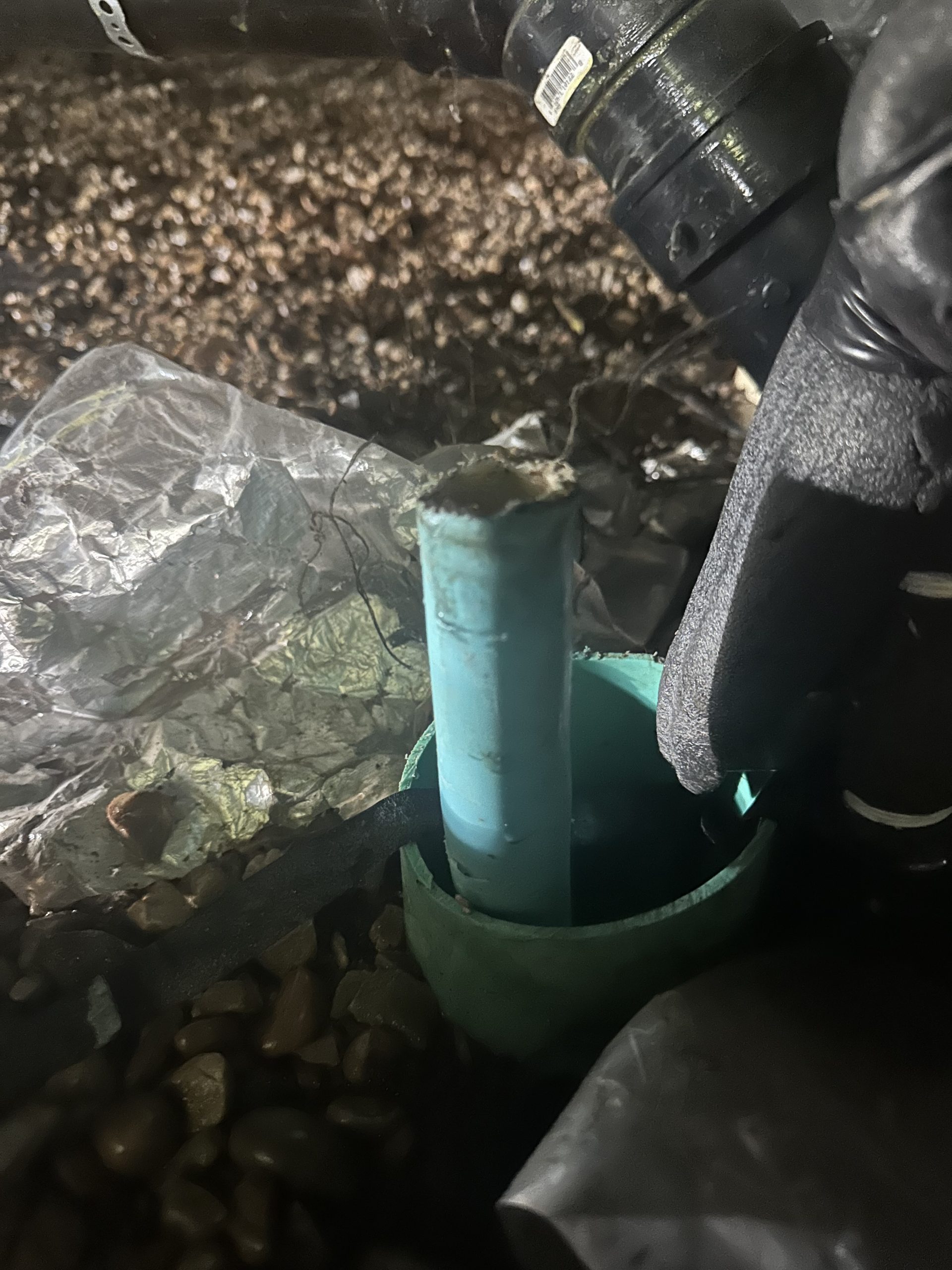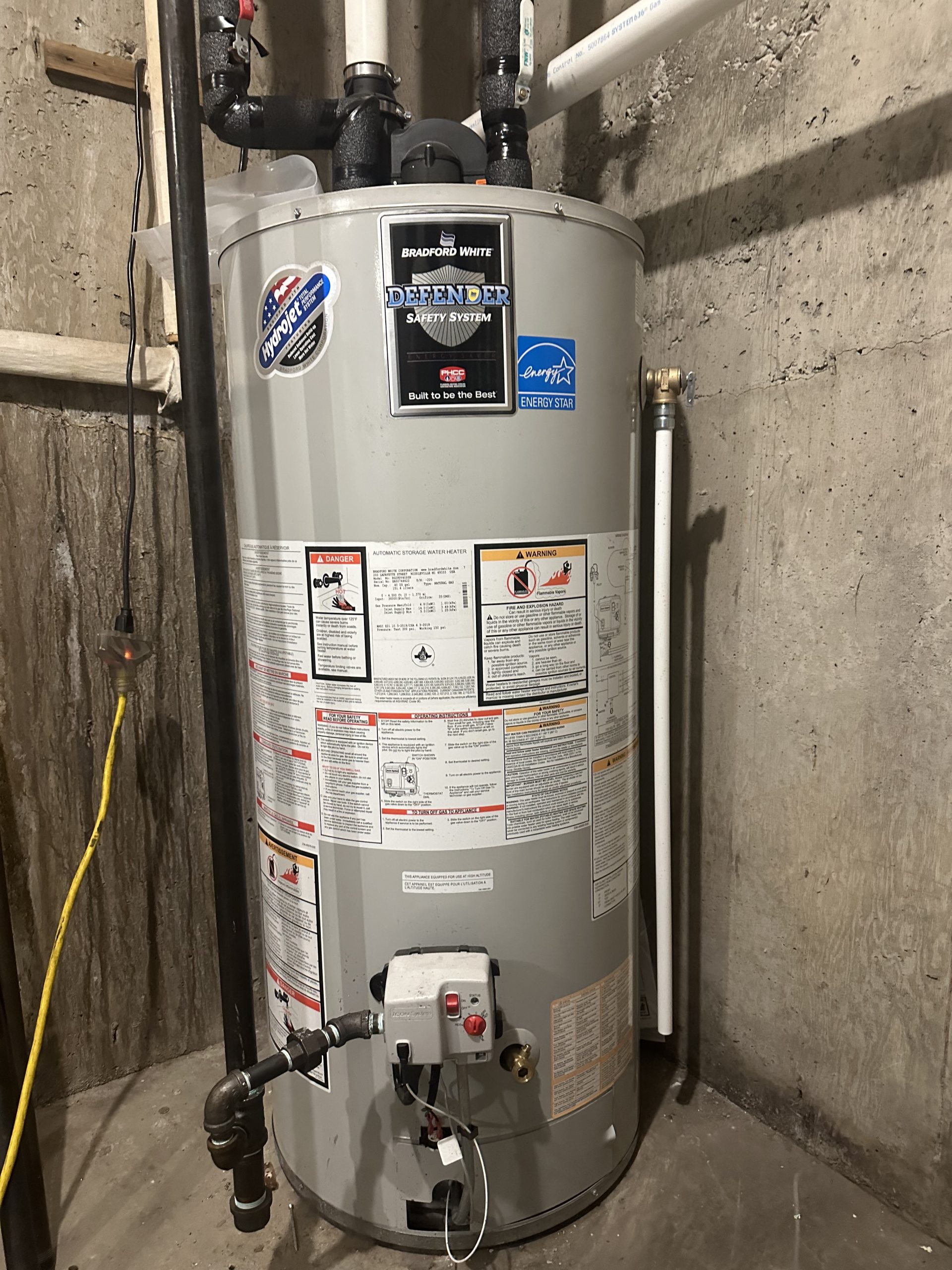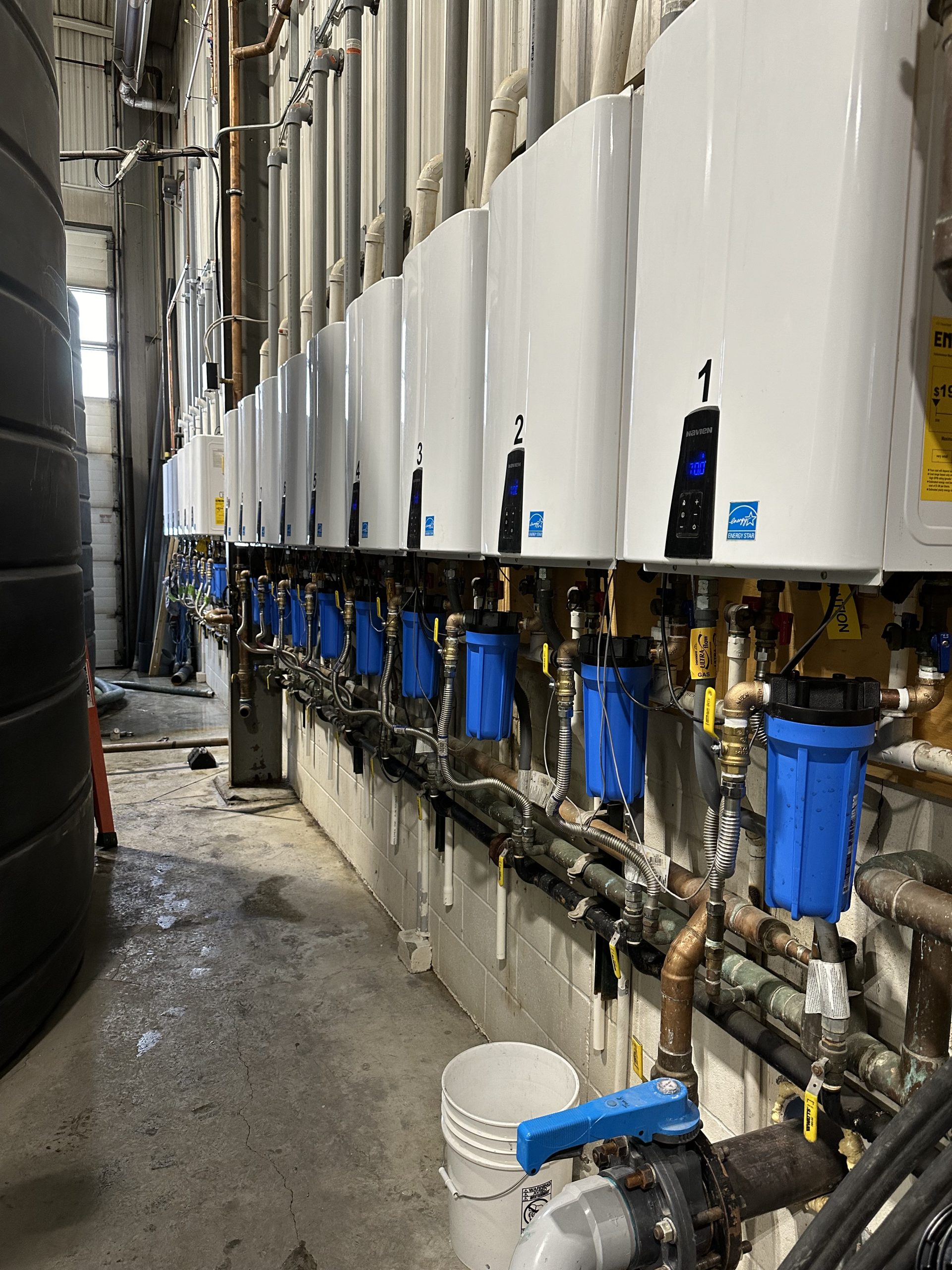Introduction
When the pipes burst, the toilet overflows, or water starts seeping through the ceiling, panic can set in faster than you can say “emergency plumber.” During these stressful moments, it’s easy to fall prey to misconceptions about emergency plumbing that can exacerbate the situation. This article aims to debunk common myths surrounding emergency plumbing, offering you clarity and guidance when faced with urgent plumbing issues. With insights from seasoned professionals, we’ll uncover the truth and equip you with essential knowledge.

Emergency Plumbing Myths Debunked: What You Really Need to Know
1. All Plumbing Problems Are Emergencies
While it might feel like a small leak could turn into a catastrophic flood, not every plumbing issue requires immediate attention. Emergencies typically involve situations that pose a risk of significant damage or health hazards, such as:
- A burst pipe Sewage backup Complete loss of hot water in winter
Key Insight: Regular maintenance can prevent many problems from escalating into emergencies.
2. DIY Solutions Are Always Effective
In an age where tutorials are just a click away, many homeowners believe they can tackle any plumbing issue themselves. While some minor repairs may be within reach for the average DIYer, complex problems often require professional expertise.
When to Call an Emergency Plumber:
- If you lack experience with plumbing When facing unexpected complications For safety reasons—certain jobs can be hazardous
3. Emergency Plumbing Services Are Too Expensive
There’s a prevalent notion that calling an emergency plumber will break the bank. However, consider this: delaying necessary repairs can lead to more extensive damage down the line—resulting in higher costs.
Understanding Costs
| Service Type | Average Cost Range | |--------------------------|---------------------| | Minor Leaks | $150 - $300 | | Burst Pipe | $500 - $1,500 | | Sewer Backup | $1,000 - $3,000 |
4. Emergency Plumbing Is Only Needed After Hours
Many homeowners assume that emergencies only occur at night or on weekends, which is why they hesitate to call for help during regular hours. The truth is that plumbing emergencies can strike anytime.
Pro Tip: Keep your emergency plumber's contact information handy for quick access!
5. All Plumbers Handle Emergencies
Not all plumbers offer emergency services; many work standard business hours only. It’s important to choose a licensed emergency plumber who specializes in urgent situations.
TMK Plumbing and HeatingHow to Identify an Emergency Plumber:
- 24/7 availability Licensed and insured Positive online reviews and testimonials
6. You Should Wait Before Calling for Help
Some people believe they should wait and see if the problem resolves itself before calling an emergency plumber. This can lead to more severe damage.
Act Quickly! As soon as you notice a problem that could escalate into a major issue, make that call!
7. A Little Water Damage Isn’t a Big Deal
Even minor leaks can lead to significant water damage over time. Mold growth and structural issues often stem from unnoticed leaks.
Signs of Water Damage:
- Discoloration on walls and ceilings Musty odors Peeling paint or wallpaper
8. Emergency Plumbing Fixes Are Temporary Solutions
People often think that emergency plumbers only provide short-term fixes rather than addressing root causes. In reality, reputable professionals identify underlying issues while providing immediate relief.
Long-term Solution: After the initial emergency is resolved, schedule regular maintenance checks.
9. Home Insurance Covers All Plumbing Issues
Many homeowners believe their insurance will cover all types of plumbing emergencies; however, this isn’t always true.
What Typically Isn't Covered?
- Neglected maintenance issues Flooding caused by natural disasters (without specific coverage)
10. Emergency Plumbing Is Just About Fixing Pipes
Emergency plumbers do much more than fix broken pipes; they also assess systems for potential future problems and provide preventative advice.
Services Offered by Emergency Plumbers:
- Leak detection Drain cleaning Pipe inspections using cameras
11. You Can Always Trust Online Reviews
While online reviews provide helpful insights into service quality, they shouldn’t be your sole basis for choosing an emergency plumber.
Caution: Look for verified reviews and ask for recommendations from friends and family.
Emergency Plumbing Myths Debunked: Understanding Common Scenarios
12. The Toilet Overflow Myth
One common misconception is that flushing multiple times will clear an overflowing toilet faster—wrong! Instead of helping, this usually makes things worse by adding more water.
Solution: Turn off the water supply immediately and call an emergency plumber!
13. Not All Clogs Are Serious Problems
Many people think any clog requires immediate professional intervention; however, some clogs are minor enough that a plunger might solve them without needing emergency assistance.
Common Clog Solutions:
Use a plunger. Apply baking soda and vinegar. Try boiling water if safe for your pipes.14. The Sink Disposal Myth
Some believe they can dispose of any food waste through their garbage disposal—this isn’t true! Certain items can cause serious blockages or even damage your disposal unit.
Items NOT To Put Down Garbage Disposals:
- Fibrous vegetables (e.g., celery) Starchy foods (e.g., pasta) Animal bones
15. It's Too Late Once Water Damage Appears
Another myth is that once visible signs of water damage are present, it’s too late for preventive measures—this couldn’t be further from the truth! Early detection often saves considerable money in repairs down the line.
Monitoring Tips: Regularly inspect areas prone to water damage like basements or under sinks!
Practical Advice for Dealing with Emergencies
16. How To Prepare For Plumbing Emergencies?
Preparation is key! Here are steps you can take:


17. What To Do During A Plumbing Emergency?
When disaster strikes:
Shut off your main water supply. Clear areas around affected fixtures. Gather necessary information before calling a plumber (e.g., type of issue).FAQs About Emergency Plumbing Myths
1) What constitutes a plumbing emergency?
A plumbing emergency involves situations posing health risks or significant property damage—like burst pipes or sewage backups requiring immediate attention from an expert.
2) Can I use drain cleaners on stubborn clogs?
While commercial drain cleaners may work temporarily on mild clogs; they often cause further pipe damage over time due to corrosive ingredients—consider professional help instead!
3) How much should I expect to pay for an emergency plumber?
Costs vary widely based on location and severity but expect anywhere from $150-$3,000 depending on complexity—always ask upfront about fees!
4) Should I attempt repairs myself first?
Unless you have relevant experience; it’s generally safer—and possibly cheaper—to consult with professionals who know how best to handle complex situations quickly!
5) Are weekend calls more expensive?
Yes! Most plumbers charge higher rates during weekends or holidays due to increased demand—but always inquire about pricing beforehand so there are no surprises later!
6) How often should I schedule maintenance checks?
At minimum annually—but every six months might be ideal depending upon usage patterns/age of fixtures—preventative care helps avoid costly emergencies down the line!
Conclusion
The world of emergency plumbing is rife with myths that could cost homeowners time—and money—in critical moments when quick decisions matter most! By understanding what truly constitutes an urgent situation versus what doesn’t necessitate immediate action; being aware of common pitfalls when dealing with repairs; knowing how best prepare yourself ahead—you’ll navigate life’s little hiccups far more smoothly next time around!
So next time trouble knocks at your door in form of unexpected leaks or sudden blockages remember this guide as your trusty roadmap through murky waters—it just might save you some serious headaches down road!